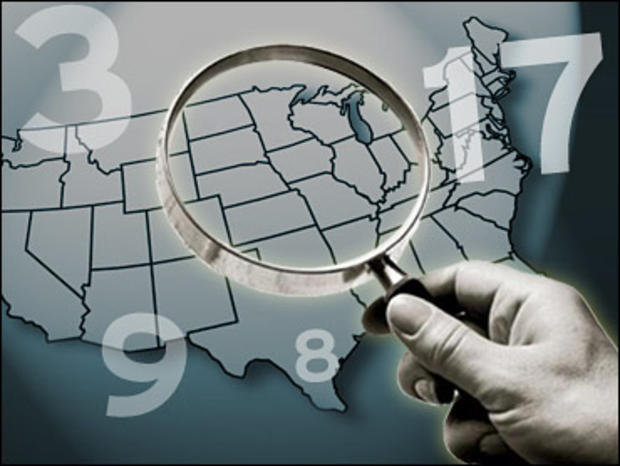Most Americans want popular presidential vote
For the first time since the historic 2000 presidential election, a majority of Republicans now favor adopting a popular vote system to elect the president of the United States over the Electoral College, a new Gallup poll shows. Nearly two-thirds of Americans overall would prefer the popular vote.
As many as 62 percent of Americans say they would amend the Constitution to replace the Electoral College, according to the poll, conducted October 6 - 9. Just 35 percent say they would keep the current system.
To win the presidency, a candidate must win 270 out of 538 Electoral College votes. Each state is granted a number of Electoral College delegates that equals its number of U.S. senators and representatives. States are allowed to determine how their delegates will vote -- typically, whichever candidate wins the popular vote in a state gets all of that state's electoral votes. The candidate who wins the popular vote nationwide does not always win the Electoral College.
In the 2000 presidential election, Democrat Al Gore won the popular vote, but Republican George W. Bush won the Electoral College. In mid-December of that year, the Supreme Court ended a vote recount in Florida, handing Bush that state's 25 electoral votes and the presidency.
When Gallup surveyed Americans about their support for the Electoral College after the Supreme Court decision, 75 percent of Democrats said they'd favor a popular vote, but just 41 percent of Republicans favored the idea. A majority of Republicans, 56 percent, wanted to keep the Electoral College.
Republicans have grown more interested in a popular vote over the past decade, but this is the first year a majority have supported the idea.
Supporters of the popular vote have been working for years to make the Electoral College system obsolete -- even if that means bypassing Congress and the amendment process. The National Popular Vote Campaign is coordinating state lawmakers to promote the popular vote.
States that have signed onto the campaign have agreed to give their electoral votes to the presidential candidate who receives the most votes nationally. However, it will not go into effect until enough states have signed onto the plan to ensure that at least half of the nation's electoral votes -- 270 out of 538 -- go to the candidate who won the popular vote.
So far, states with 132 electoral votes have agreed to the plan, including Massachusetts, New Jersey and California.
Meanwhile, some state lawmakers are moving in an entirely different direction.
Lawmakers in Pennsylvania -- where the Democratic presidential candidate has won in the last five elections -- are considering a plan to award most of its electoral votes based on results in each congressional district, rather than based on the state popular vote. Nebraska and Maine already award Electoral Votes in this manner.
Though Pennsylvania has gone Democratic in recent years, the state remains a battleground, and splitting up its 20 electoral votes could significantly impact campaign strategy. In theory, dividing the votes by congressional district could help Republicans, since several districts are drawn to lean Republican, but the move could backfire on GOP state leaders if the Republican candidate won the state's popular vote.
Republican lawmakers in Wisconsin are also considering the same proposal, the Milwaukee Journal Sentinel reports.

